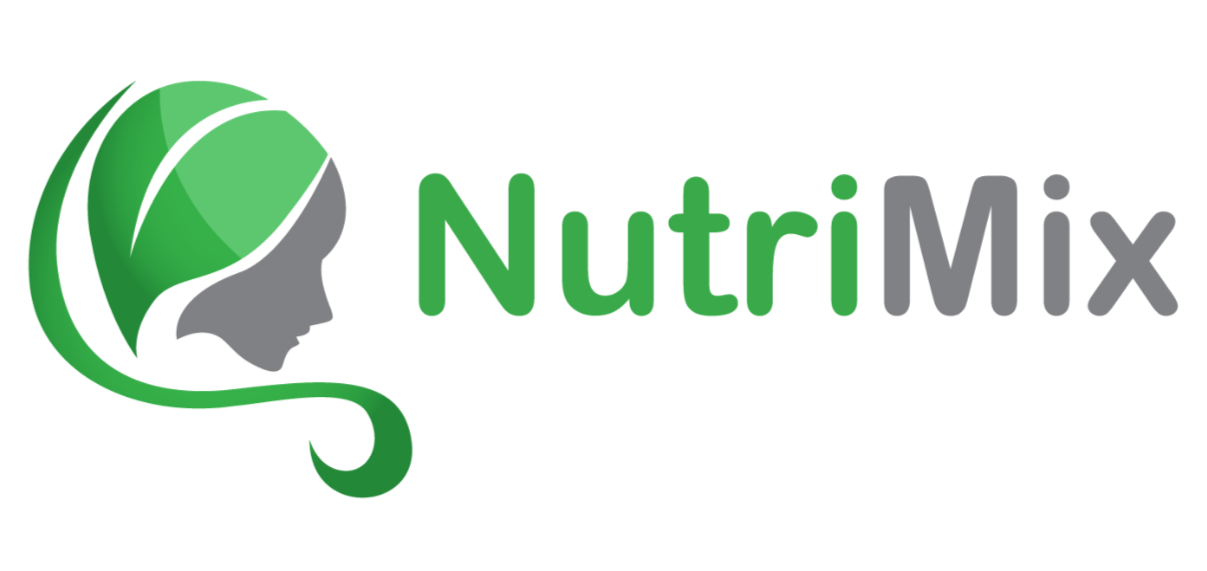When it comes to nutrition, misinformation is everywhere. Some common beliefs about food and diet may be preventing you from achieving your health goals. By identifying and addressing these misconceptions, you can create a healthier lifestyle and make more informed choices about what you eat. Let’s dive deeper into five persistent nutrition myths that might be holding you back and explore why they don’t hold up under scrutiny.
1. Carbs Are the Enemy
The Myth: Eating carbs will make you gain weight.
The Truth: Not all carbs are created equal. Whole carbs found in fruits, vegetables, legumes, and whole grains are packed with essential nutrients, fiber, and energy your body needs to function effectively. It’s the refined carbs, such as sugary snacks, soda, and white bread, that lack nutrients and can lead to quick energy crashes, making you feel tired and hungry sooner. Restricting all carbs can also result in nutrient deficiencies and low energy levels.
Pro Tip: Instead of avoiding all carbs, focus on incorporating complex carbs like quinoa, oats, brown rice, and sweet potatoes into your diet. These foods not only provide energy but also keep you feeling full longer and stabilize blood sugar levels. Pair carbs with healthy fats and protein for even greater nutritional benefits.
2. Fat Makes You Fat
The Myth: Consuming dietary fat leads to body fat.
The Truth: The idea that all fats are bad is a relic of outdated nutrition advice. Healthy fats, such as those found in avocados, nuts, seeds, olive oil, and fatty fish, play a crucial role in brain health, hormone production, and the absorption of fat-soluble vitamins like A, D, E, and K. In fact, including healthy fats in your diet can help you feel fuller longer, reducing the urge to overeat. On the other hand, trans fats and excessive consumption of unhealthy saturated fats can have negative health effects, such as increasing bad cholesterol levels.
Pro Tip: Aim to include sources of unsaturated fats in your meals, such as a drizzle of olive oil on your salad or a handful of almonds as a snack. Moderation is key, and being mindful of portion sizes will help you reap the benefits without overdoing it.
3. You Need to Detox with Juices or Teas
The Myth: Your body needs detox products to cleanse itself of toxins.
The Truth: The term “detox” has been popularized by marketing campaigns, but your body is already equipped with an efficient detoxification system—your liver, kidneys, and digestive system. These organs work around the clock to filter out toxins and waste from your body. Juice cleanses and detox teas may offer a temporary feeling of lightness or reduced bloating, but they often lack the fiber, protein, and healthy fats your body needs to function optimally. Over time, restrictive detox diets can lead to nutrient deficiencies and muscle loss.
Pro Tip: To naturally support your body’s detox processes, focus on eating a variety of whole foods, staying hydrated, and getting regular exercise. Include fiber-rich foods like leafy greens, whole grains, and legumes in your meals, as well as antioxidant-rich fruits like berries and citrus.
4. Eating After 8 PM Causes Weight Gain
The Myth: Late-night snacking automatically leads to extra pounds.
The Truth: The time you eat has less of an impact on weight gain than the total amount of calories you consume versus the amount you burn. However, late-night snacking can sometimes lead to overeating or choosing less nutritious options, which might contribute to weight gain over time. For example, reaching for chips or ice cream late at night may increase your calorie intake without providing much nutritional value. For many people, a light, healthy snack before bed can even improve sleep quality and prevent hunger from disrupting their rest.
Pro Tip: If you’re genuinely hungry at night, choose nutrient-dense options like Greek yogurt with a drizzle of honey, a small handful of nuts, or sliced veggies with hummus. Pay attention to portion sizes to avoid consuming more than you need.
5. Gluten-Free Is Always Healthier
The Myth: Gluten-free foods are better for everyone.
The Truth: Gluten-free products have gained a reputation as a health food trend, but they’re not inherently healthier unless you have celiac disease or gluten sensitivity. In fact, many gluten-free packaged foods are highly processed and may contain more sugar, fat, and calories than their gluten-containing counterparts. For individuals without gluten-related health issues, whole-grain foods that contain gluten, such as whole wheat bread and barley, offer valuable nutrients like fiber, iron, and B vitamins.
Pro Tip: Rather than focusing on eliminating gluten, prioritize whole, minimally processed foods. If you choose gluten-free options, read labels carefully to ensure they’re not loaded with unhealthy additives. For natural gluten-free choices, incorporate foods like quinoa, brown rice, and fresh produce into your meals.
Final Thoughts
Falling for these myths can create unnecessary stress and lead you away from balanced, sustainable eating habits. By understanding the facts, you can build a diet that truly supports your health and wellness goals. Nutrition is not about perfection but about making informed, realistic choices that work for your body and lifestyle.



